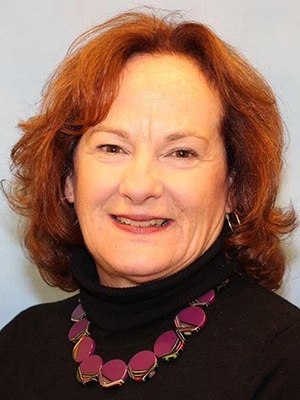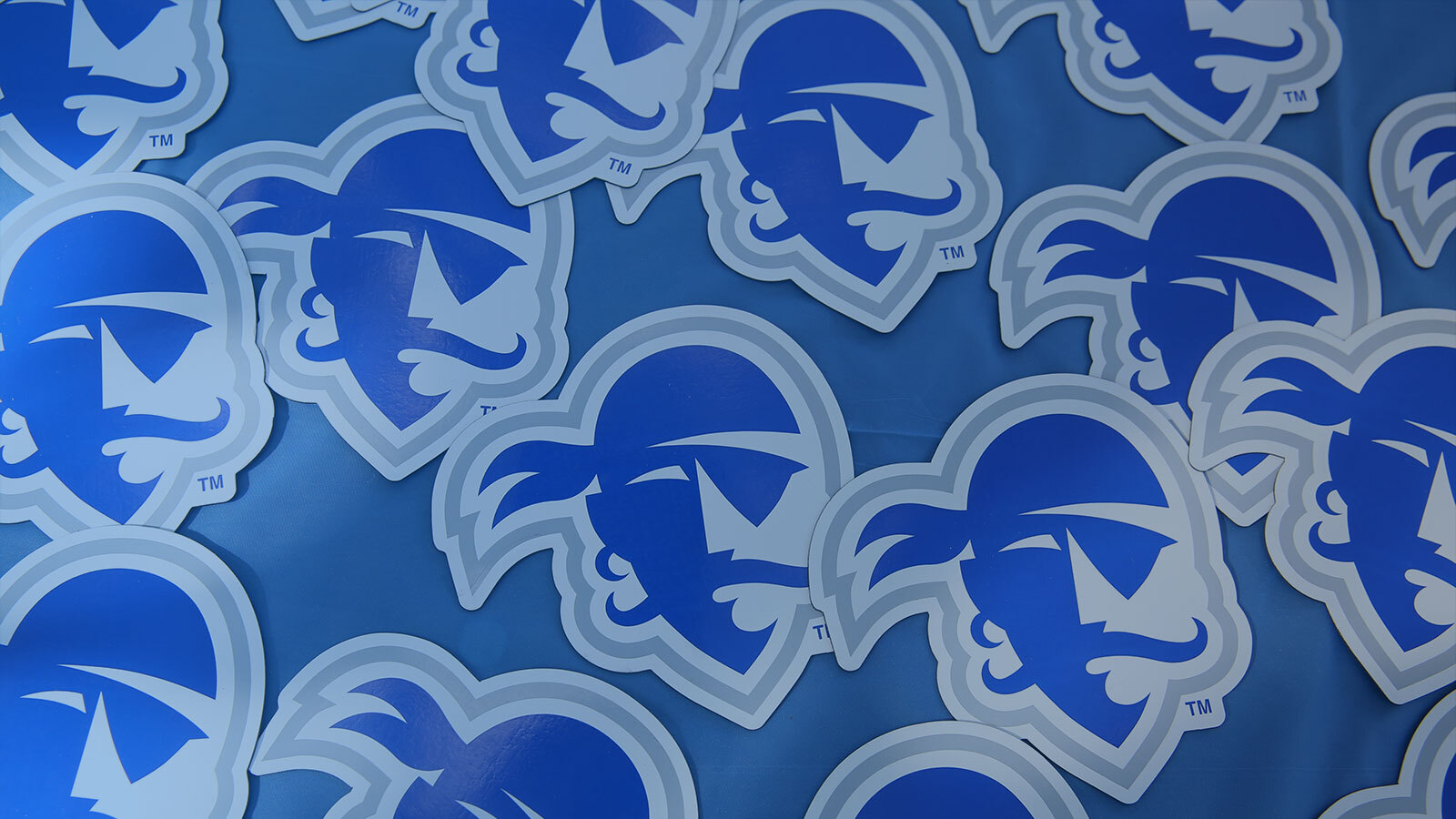It All Comes Down to Gratitude

Phyllis Dunlop's Seton Hall journey began when she started working in the University's Advancement Office in 1984. It was the cornerstone on which she built a 40-year career in fundraising for non-profit organizations. "I availed myself of the opportunity to earn my MBA while an employee, which aided me tremendously in my career," Phyllis says.
After completing her MBA and leaving the Advancement Office, Phyllis's ties with Seton Hall only strengthened. She became a proud Pirate basketball season ticket holder and then an active member of the President's Advisory Group (PAG), where she thrives on interacting with fellow alumni, professors, staff and students, and continues to be impressed by their love for the University.
Student testimonials presented at the annual Scholarship Dinners led her to include Seton Hall in her estate plans. "I was very fortunate that my parents supported my undergraduate education; I did not have to work or take out loans. Hearing stories of the obstacles these young people have overcome and their dedication to their dreams truly inspired me and made me want to help," Phyllis says.
She emphasizes, "I can think of no better investment than to help today's students realize what their education not only means to them now, but what their Seton Hall experience will mean in the future. For me it all comes down to gratitude — for what I have been given and what Seton Hall has given to me."
At a Glance: Bequests
- Charitable bequests are made by naming Seton Hall as a beneficiary in your will or living trust. This type of gift does not affect your cash flow.
- Your assets remain in your control during your lifetime. You can modify your gift at any time should circumstances change.
- You can direct your gift to the area of Seton Hall's mission that is most meaningful to you.
- We can provide you with model bequest language and will work with you on the details.

